
The Shalom Revolution
When we greet our fellow Jew with "shalom", we are bestowing on the blessing of peace on him; we could be changing that person’s situation for the better…

“The Lord bless you and guard you. The Lord make His countenance shine upon you and be gracious to you. The Lord turn His countenance to you and grant you peace [shalom].” Priestly blessing
Shalom, the Hebrew word for peace. But what does the root of the word actually mean? In fact, the word shalom comes from shaleim, which has the connotation of completeness. We tend to think of peace in connection to wars and interpersonal relations and maybe we use the word without thinking about how uttering this word can influence creation.
Just doing some superficial research for this essay made me realize how pervasive and integral shalom is in the Torah and to the conduct of the Jewish nation.
We first come across the concept of peace in the story of Bereishit [Genesis]. Our sages tell us that when Hashem separated the upper and lower waters, this was the first manifestation of division or separation in creation and that the potential for machloket [arguments] were borne out of this event.
When Jacob fled from the danger of his brother Esau, he lay down at the holiest site in creation and put 12 stones around his head. After he battled the angel of Esau in a prophetic dream he awoke and the stones had coalesced into one. This indicated to him that his children would form the nation of Israel and that individually they would lack blemish and would together form a perfect unity.

Aharon, the High Priest, brother of Moses, was the embodiment of peace and was known for his zealousness in bringing feuding parties together. His blessing is given by all Kohanim [descendants of Aharon haKohen] in all Jewish synagogues during the festivals.
Marriage itself is referred to as Shalom Bayit, peace in the home, and our mystical sources say that the Divine spirit, the Shechina, does not abide where there is marital disharmony.
And what about crowning glory of creation, the holy Shabbat? We sing Shalom Aleichem, peace be upon you, Shabbat evening. And we greet each other with “Shabbat Shalom”. Shabbat itself represents shaleim – completeness – because on Shabbat we cease all types of creative work that we employ during the previous six days and we arrive with a sense of all work having been finished as we partake of a taste of the world to come where our main spiritual reward awaits us.
And so back to our original question of the root of shalom. It is the concept of disparate parts coalesced into oneness but each part having a defined purpose. Think of musical notes: play one note over and over again and the sound grates, but play different notes together and you get a symphony of tremendous elevation. It’s the same with teamwork; each person has a specific task to bring the project to fruition which only they can perform but the end product looks completely integrated.
The Jewish nation itself is called an army of Hashem and an army is probably the best analogy because without the foot soldiers, the commanders, the engineers, the intelligence etc the war can’t be won. Our “soldiers” are the Cohanim, Levites, Israelites, individual men and women, each having a specific purpose, and without each individual Jew fulfilling their spiritual and individual purpose, the goal of creation is incomplete.
Rabbi Lazer Brody recently said in a shiur that Jews should greet each with “shalom” not the usually “hi” that has become the habit of most of us living outside of Israel and even now in Israel so influenced are we by non-Jewish values. Our sages tell us that one of Hashem’s names is Shalom and normally one must be very careful not to utter Hashem’s names carelessly. However, when we greet a person with “shalom” we are allowed to say this as many times as we like. When we greet our fellow Jew with “shalom”, we are bestowing on that person the blessing of peace. If we say it with the right concentration, we might be changing that person’s situation for the better. As I have said in previous essays, the words we speak actually affect the environment we live in. Maybe a Jew is suffering emotionally, physically, maybe with a difficult interpersonal situation. All these types of suffering are an indication of a lack of peace. When a person suffers physical ailments or emotional imbalances, we wish him or her “refuah shleimah”, a complete healing [again the use of the word shaleim], in other words their body or mind is at war with itself so to speak. The same is true of strained interpersonal relations; again, indicating a lack of harmony between people.
After I heard Rabbi Brody speak about not adopting non Jewish values, I resolved to at least try to greet initially my friends and family with “shalom”, not the customary “hi” or “hello”. I have to admit it’s been easier said than done, old habits die hard. In fact, when I first tried it out on my cousin, she was a bit flummoxed but did respond quite positively. The next time she rang, I completely forgot and it was she who greeted me with “shalom”!
I am not giving up on my personal revolution to bestow peace on other Jews. Maybe if we all try, we can actually bring about real peace in the world!


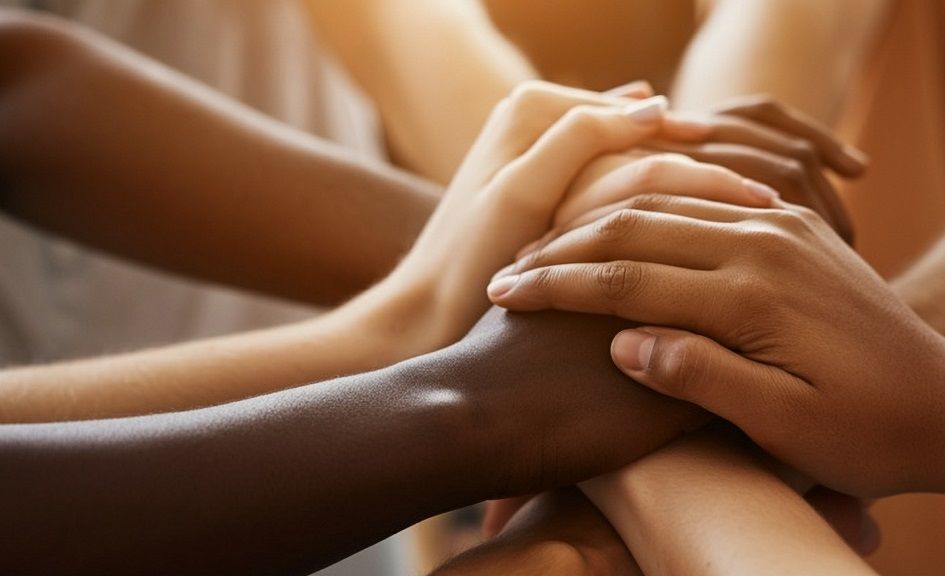


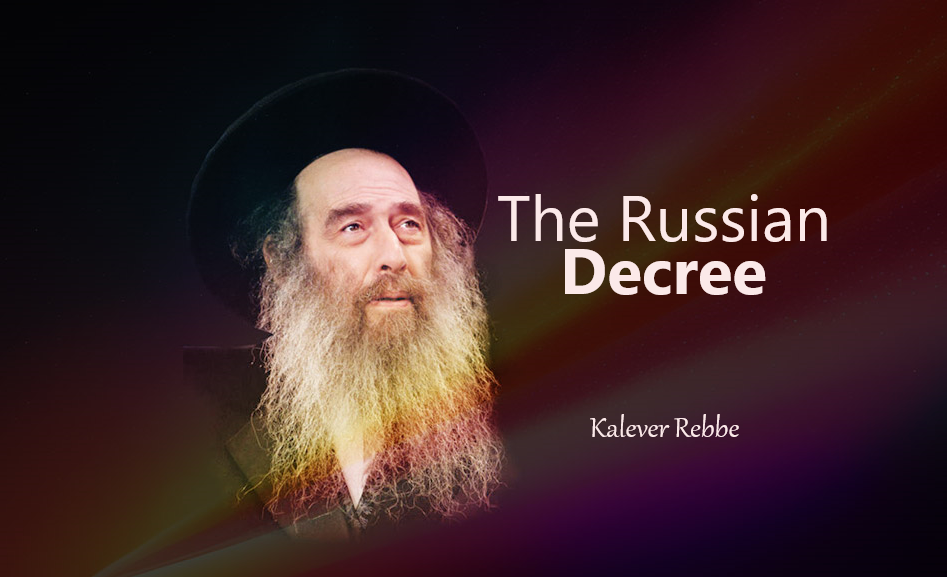
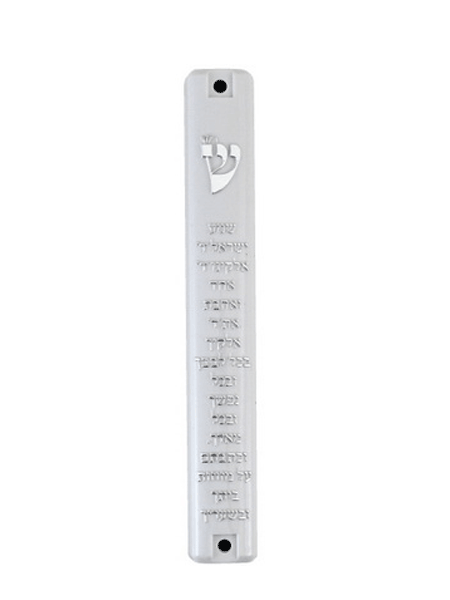

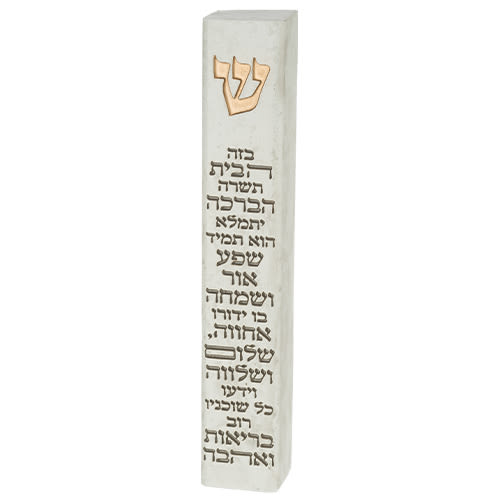
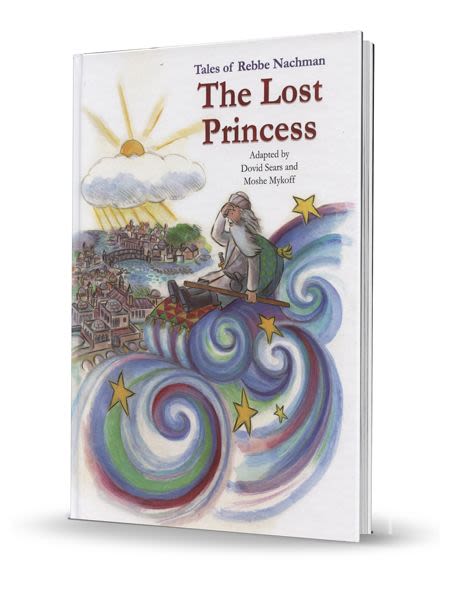


Tell us what you think!
Thank you for your comment!
It will be published after approval by the Editor.